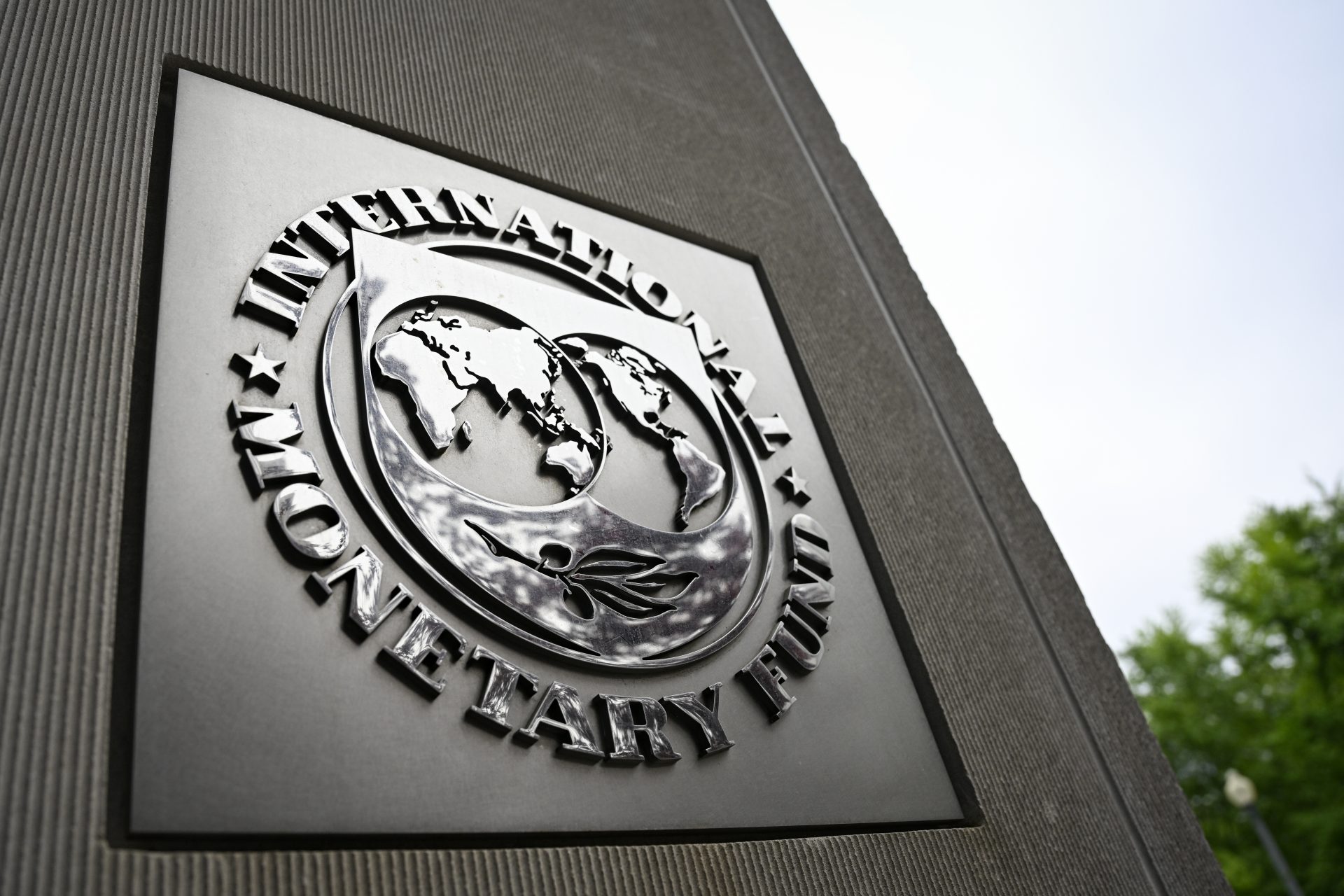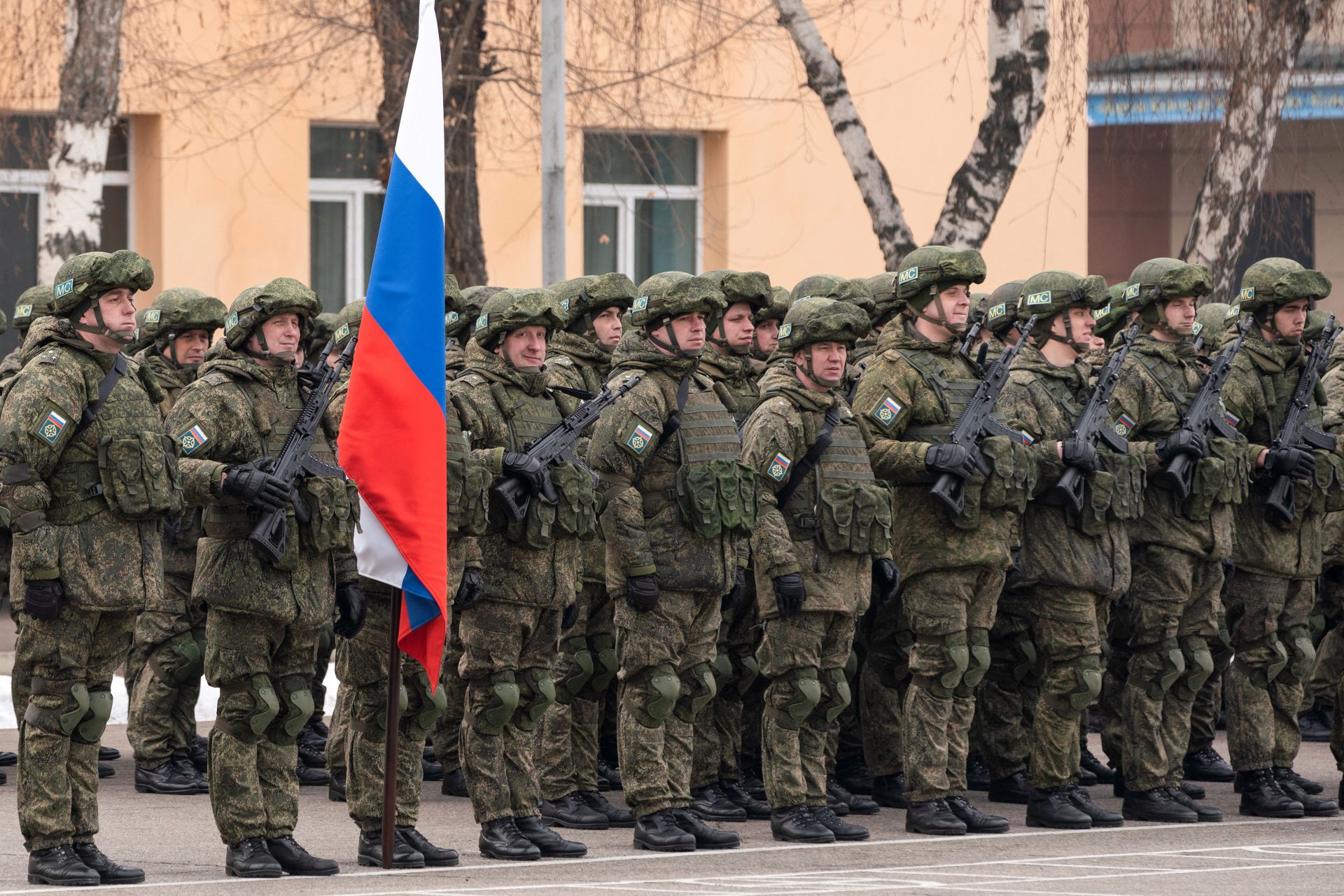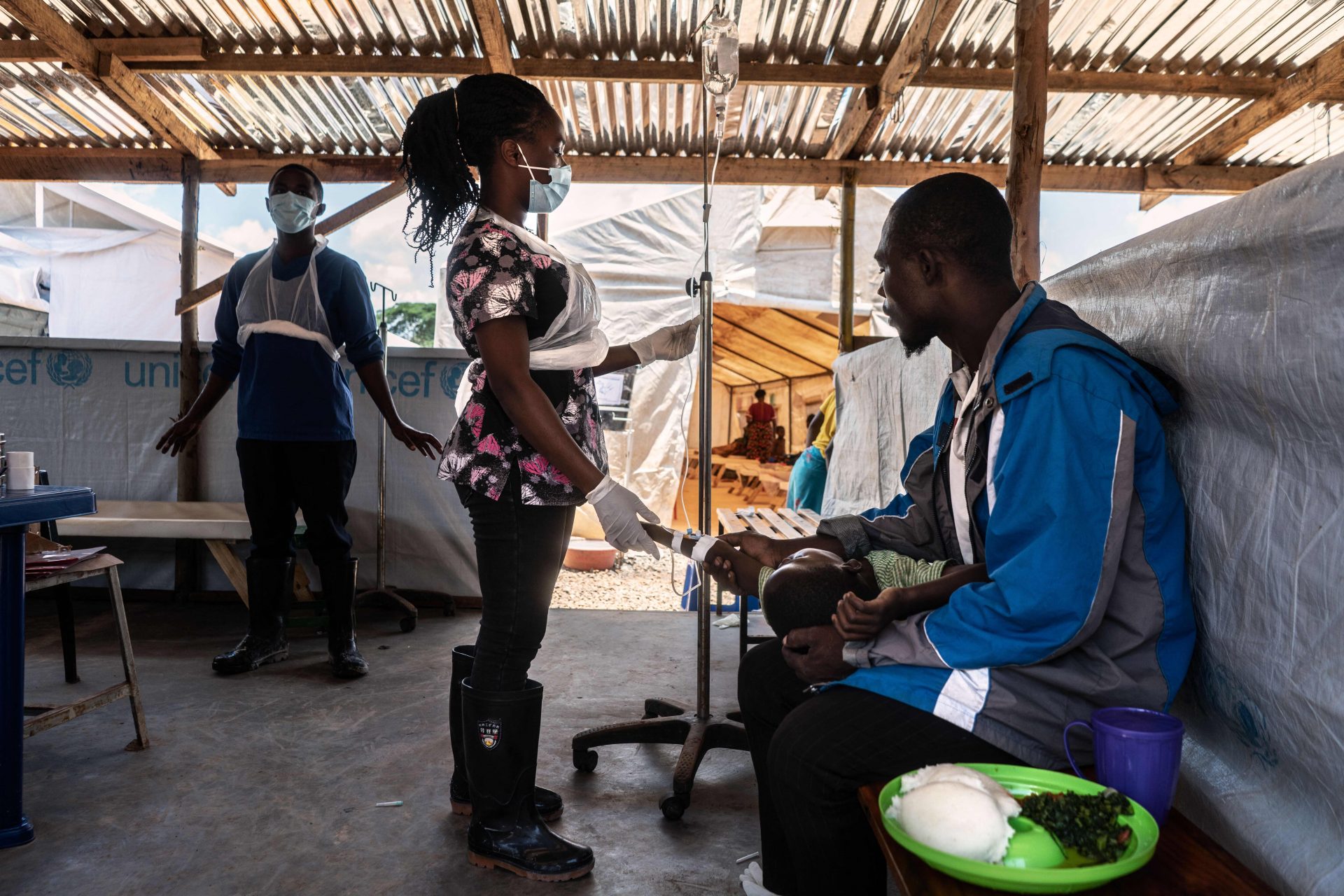The end of the world according to the UN climate report
The publication of the United Nation's report on climate change (based on thousands of studies and the work of almost 300 scientists) coincided with wildfires like the ones in California. By now, 140,000 hectares (346,000 acres) have burned - the equivalent of the size of greater Los Angeles.
The UN report connects fires like the ones in California or Greece (on the island of Evia, in the photo) to human-caused changes in the global climate. And it goes further than that. The UN report predicts a kind of apocalypse in slow motion if the world doesn't act forcefully and timely.
The UN report points out that it is "unequivocal" that human action "has warmed the atmosphere, the ocean and the land." It speaks of changes that are irreversible by now.
The UN report predicts that the rise in the water level could go up to almost one meter (3.3ft) on average. It would cause the flooding of coastlines and the destruction of beaches.
Above all, scientists are concerned about the possibility that by 2050 the temperature of the planet could rise (in the worst case scenario) to 4ºC on average. This would make now populated areas practically uninhabitable.
Image: Michal Matlon / Unsplash
A rise of several degrees on average would cause extreme climatic phenomena such as torrential rains, droughts, and uncontrolled fires.
In the worst case scenario drawn by the UN report, there's the possibility of all traces of ice in the Arctic disappearing by 2050.
Image: Davide Cantelli / Unsplash
In addition, the permafrost, the frozen layer that lies below large areas of cold areas, will thaw further. The end of the permafrost can be catastrophic.
The Arctic's frozen ground or permafrost contains organic matter of dead plants and animals that have been deep-frozen for thousands of years. If the frost thaws, these remains will decay, with a "potential to lead to massive emissions of the greenhouse gases carbon dioxide and methane to the atmosphere," scholars of Columbia University's Lamont-Doherty Earth Observatory explain.
The UN climate report confirms the link between wildfires and climate change. It's not that there were no fires before, but the ones that occur now are much more devastating due to extreme heat waves and lack of water.
Another change in the near future, according to the UN report, is the frequency of floods. What once were "floods of the century" can now become "floods of the year." In other words, disasters that were previously rare can now become commonplace.
Of course, like any scientific report, the UN study proposes both a worst case scenario and a “more optimistic” scenario. It's only relatively optimistic though: instead of a 4º rise in temperatures, the best case scenario speaks of a 2.5º increase. That's a shift equally unsustainable and with similar effects on the planet's climate.
The "acceptable" limit for global warming that scientists had established was 1.5º. According to this UN report, it is most likely that we will reach (at least) a 2.5º rise in temperatures.
The UN speaks of a "code red" situation and says that "the alarms are deafening."
Experts have long suggested that, in order to put a brake on the climate crisis, we need to change our modern lifestyle to reduce greenhouse gas emissions to a minimum.
A lot of commenters on studies like this one from the UN will argue that "the climate has always been changing." However, the historical study of the variations in the planet's climate makes it clear that that's a fallacy. While the climate has changed to some degree, there's never been a variation as radical as the one we live in today, experts respond to such comments.
Image: Steve Harvey / Unsplash
Comparisons with data from the past are startling. As the UN report shows, the current concentration of carbon dioxide (CO2) in the atmosphere is the highest in the last two million years! In addition, the level of methane and nitrous oxide hasn't been at the current level in 800,000 years.
Image: Marek Piwnicki / Unsplash
The United Nations study places 2050 as the last frontier. From that time onwards, human survival on the planet will become complicated. Lack of water, for example, will cause mass migration and geostrategic conflicts with virulence.
Image: Muhammad Numan / Unsplash
To change the situation, it is good that we individually adapt our behaviour. However, it is far more important to achieve changes at the government level. Greenhouse gas emissions have to be curbed by big companies - much more so than by citizens separating their garbage (even if that's useful on a small scale).
More and more, under the leadership of Greta Thunberg and other climate activists, citizens are demanding that the governments assure that greenhouse gas emissions are curbed to a minimum as soon as possible.
Is it sensationalist to speak of the "end of the world"? Not quite. The UN report shows that the world as we have known it, does not exist anymore. Irreversible changes have already occurred, inducing heat waves and droughts. If governments, industries, and populations continue on this road, mankind will have to live with the apocalypse of a much less habitable, more unequal, and more violent planet.
Image: NASA / Unsplash
More for you
Top Stories


































